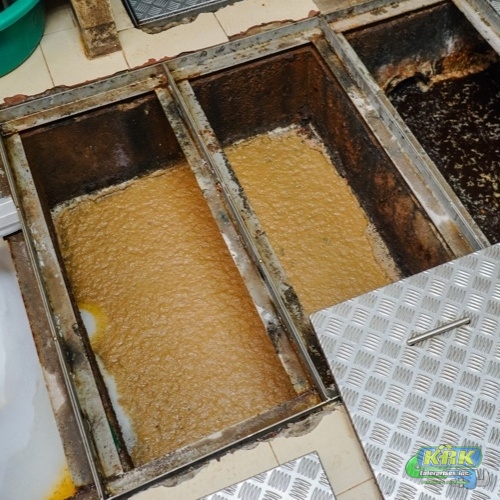
Running a restaurant comes with many responsibilities, and maintaining your grease trap is one of the most crucial. Neglecting this essential task can lead to serious consequences, both for your business and the environment. In this article, we’ll explore the importance of regular grease trap cleaning and the potential repercussions of ignoring it.
The Role of a Grease Trap
A grease trap is designed to capture fats, oils, and grease (FOG) from your kitchen wastewater before it enters the sewage system. This device is essential for preventing blockages and ensuring that your plumbing system runs smoothly.
Immediate Consequences of Neglect
Clogged Drains
One of the most immediate issues you’ll face if you don’t clean your grease trap is clogged drains. As FOG accumulates, it can solidify and obstruct the flow of wastewater, leading to slow drainage or complete blockages.
Unpleasant Odors
A neglected grease trap can produce foul odors that permeate your restaurant. These smells can be off-putting for customers and create an unpleasant dining environment, potentially driving away business.
Health and Safety Risks
Sanitation Issues
A dirty grease trap can become a breeding ground for harmful bacteria. This poses significant health risks to both your staff and customers. Regular grease trap cleaning is essential to maintaining a safe and sanitary kitchen environment.
Fire Hazards
Accumulated grease is highly flammable. If your grease trap is not regularly cleaned, it increases the risk of a grease fire, which can cause extensive damage to your restaurant and endanger lives.
Environmental Impact
Water Pollution
When FOG is not properly intercepted by a grease trap, it can enter the sewage system and eventually make its way into local water bodies. This pollution can harm aquatic life and disrupt local ecosystems.
Legal Consequences
Failing to maintain your grease trap can result in hefty fines and legal penalties. Many municipalities have strict regulations regarding grease trap maintenance, and non-compliance can lead to significant financial and legal repercussions.
Financial Implications
Costly Repairs
Ignoring grease trap cleaning can lead to severe plumbing issues that require expensive repairs. Regular maintenance is a cost-effective way to prevent these problems and ensure the longevity of your plumbing system.
Loss of Business
If your restaurant develops a reputation for poor hygiene or unpleasant odors, you risk losing customers and damaging your brand. Ensuring that your grease trap is clean can help maintain a positive image and keep your business thriving.
Best Practices for Grease Trap Maintenance
Regular Cleaning Schedule
Establish a regular cleaning schedule for your grease trap. Depending on the volume of grease your kitchen produces, this may range from weekly to monthly cleanings.
Professional Services
Consider hiring professional grease trap cleaning services. Experts have the necessary tools and knowledge to thoroughly clean your grease trap and ensure it functions efficiently.
Staff Training
Train your staff on proper grease disposal techniques to minimize the amount of FOG entering the grease trap. This can include scraping plates before washing and properly disposing of cooking oils.
Conclusion
Regular grease trap cleaning is essential for maintaining a safe, sanitary, and efficient restaurant. Neglecting this critical task can lead to clogged drains, unpleasant odors, health and safety risks, environmental damage, and significant financial losses. By prioritizing grease trap maintenance, you can protect your business, customers, and the environment.
4o
